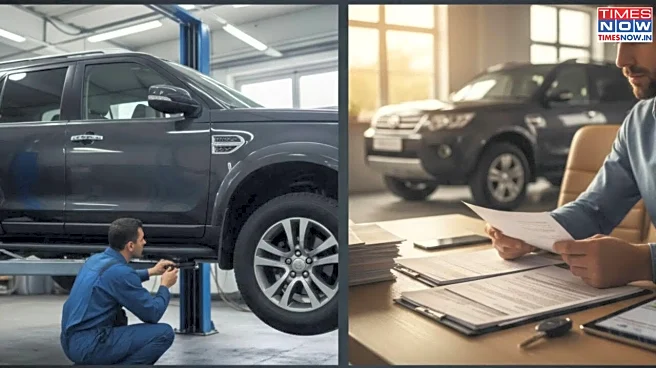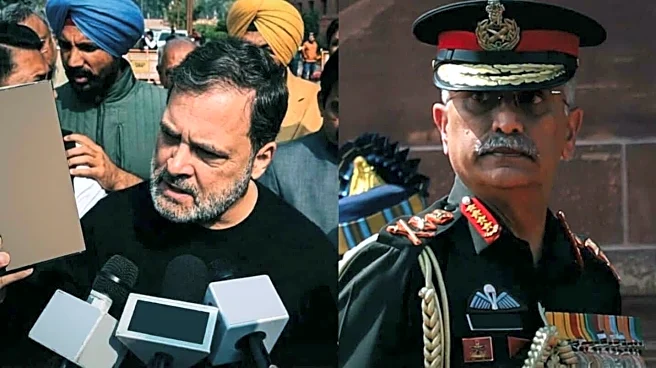Buying a pre-owned SUV can be an exciting step, but before you finalise the deal, it is important to know what to check. Many first-time buyers focus only on the price or looks, and later discover hidden issues that cost thousands to fix. So here are some factors to consider before buying a pre-owned SUV.
1. Start With the Vehicle’s History and Documents
Before even inspecting the SUV, make sure the paperwork is clean and original. A vehicle’s history tells you a lot about how well it has been maintained and whether it is worth your money.
- Service Records: Check if the car has been serviced regularly at authorized or reputed workshops. Consistent oil changes, brake checks and major service stamps are signs of a well-maintained SUV.
- History Report: If available, look for any accident record, flood damage or major repairs.
- RC, Insurance and PUC: Make sure the Registration Certificate, insurance papers and pollution under control (PUC) certificate are valid and original.
- Loan Clearance: If the SUV was financed earlier, ask for a No Objection Certificate (NOC) from the bank to ensure there are no pending dues.
- VIN Match: Verify that the Vehicle Identification Number on the paperwork matches the vehicle identification number (VIN) on the car to avoid fraud.
2. Do a Complete Mechanical and Physical Inspection
Even if the SUV looks great from the outside, hidden mechanical issues can turn it into a nightmare. For peace of mind, always get a pre-purchase inspection done by a trusted mechanic.
- Engine: Listen for knocking, look for leaks and check if the fluids are clean and at proper levels.
- Exterior: Watch for rust, dents or mismatched paint that may indicate past accidents.
- Suspension and Tires: Uneven tire wear or excessive bouncing when you push a corner down can signal suspension issues.
- Interior: Test all electrical features like windows, AC, infotainment, sunroof, lights and dashboard warning indicators.
3. Take a Proper Test Drive
A test drive is the best way to understand how the SUV behaves in real conditions.
- Drive at different speeds and on different roads.
- The car should move straight without pulling to a side.
- Brakes should be strong and noise-free.
- Gear shifts should be smooth with no jerks.
- Look out for smoke from the exhaust, unusual vibrations or rattling sounds.
4. Final Considerations Before Buying
- Mileage vs. Age: A high-mileage but well-maintained SUV is better than a low-mileage car with poor service history.
- Total Ownership Cost: Research fuel efficiency, spare part prices and expected maintenance costs.
- Budget: Keep aside some money for immediate expenses like tire replacement or basic servicing.
Buying a pre-owned SUV can be a great way to enjoy the power and comfort of a big vehicle without digging a hole in your pocket, but only if you check it carefully. With the right inspections you can own a reliable SUV that fits your needs in budget.
For more two wheeler, three wheeler and auto industry updates, stay tuned to Times Now Auto.





/images/ppid_59c68470-image-177079012148080585.webp)

/images/ppid_59c68470-image-177079009037957749.webp)
/images/ppid_59c68470-image-177079006320740736.webp)
/images/ppid_a911dc6a-image-177079006379879775.webp)

/images/ppid_a911dc6a-image-177079003289086091.webp)



/images/ppid_a911dc6a-image-177079002610010543.webp)
/images/ppid_a911dc6a-image-177079002842398954.webp)
/images/ppid_59c68470-image-177079002661354065.webp)